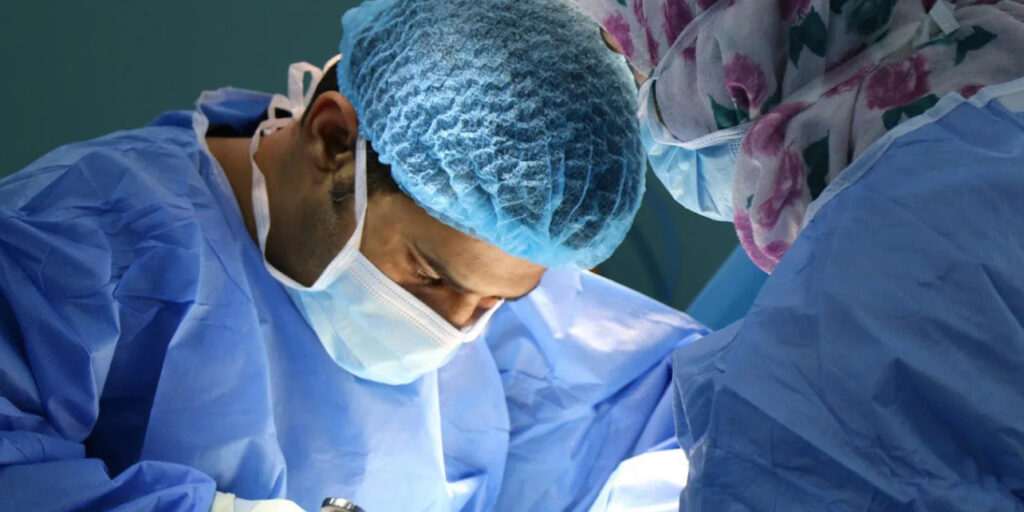The UK is launching its largest-ever surgical trial, aiming to make future operations safer and reduce post-surgical infections.
The ambitious ROSSINI-Platform trial will recruit 26,000 patients over the next five years, with £10 million in funding from the National Institute for Health and Care Research (NIHR) awarded to the University of Birmingham.
Led by Professor Thomas Pinkney and the Birmingham Clinical Trials Unit, the multi-arm, multi-stage trial will focus on reducing Surgical Site Infections (SSI)—the most common post-surgery complication, affecting up to one in four patients each year.
These infections not only delay recovery but also place a financial burden on the NHS, costing an estimated £700 million annually.
On average, an adult in the UK undergoes four operations in their lifetime. With surgical infections posing serious risks, finding effective interventions is critical.
Professor Pinkney highlights the far-reaching impact of these infections:
Caesarean Section Infections: Can hinder a mother’s ability to bond with her newborn.
Amputation Infections: May prevent a patient from being fitted with a prosthetic, potentially leaving them wheelchair-bound.
With NHS surgical waiting lists at record highs, improving recovery times and reducing preventable complications has never been more urgent.
By identifying the most effective strategies for preventing SSIs, the ROSSINI-Platform trial aims to enhance patient outcomes, lower readmission rates, and relieve pressure on healthcare services.
As the study unfolds across 100 sites nationwide, it marks a major step forward in making surgery safer and more efficient for thousands of patients in the UK.


